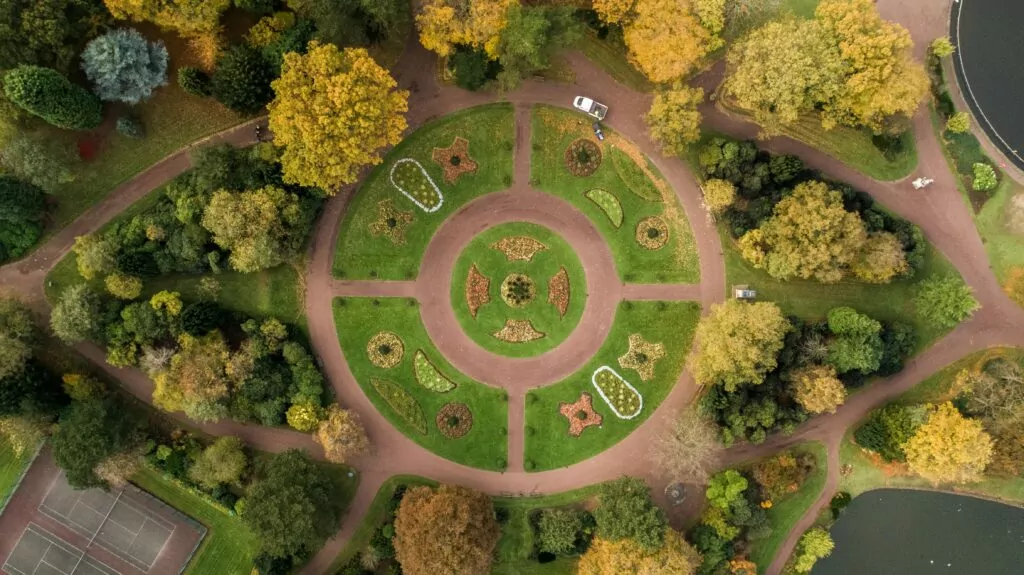
As world leaders meet in Glasgow to agree 2030 emissions reduction targets that align with reaching net-zero by the middle of the century, people are looking to practitioners in the built and natural environments for leadership in delivering a more sustainable future for the sector.
At RICS, the work of our professionals shapes the world. Through our globally recognised standards, our professionals effect positive change across the built and natural environments. The World Built Environment Forum – an initiative of RICS – exists to advance discussions of critical importance, and to inspire positive and sustainable change for a prosperous and inclusive future. Our webinar brings global insight and analysis, both from academia and from practice, to an engaged audience right here in Northern Ireland.
The circular built environment is an idea which takes the sustainable principles of the circular economy and applies them across the whole construction lifecycle, all with the aim of increasing re-use and minimising waste. With the construction and operation of buildings contributing over a third of global energy-related CO2 emissions the scale of both the challenge and opportunity is clear. The wider construction industry will need to use more sustainable materials with a lower carbon footprint, and will need to extend the lifecycle of materials through recycling and reusing to minimise waste. Collaboration between industry and academia, policymakers and clients is crucial if the world is to meet targets to limit temperature rises to 1.5C.
RICS professionals are already working to account for carbon in construction while delivering better buildings for their users, but we recognise that there is much more to do.
To maximise the benefits of the circular built environment, we will need to embed it with clients, developers, industry bodies, as well as the wider public. This webinar, therefore, is aimed at all those with an interest in the built and natural environment, surveyors, architects, planners, academics, students, policymakers, product manufacturers and campaigners. Reaching net-zero by 2050 is possible but the way we think about construction will never be the same again.
Emmet McDonough-Brown
Senior Public Affairs Officer – Northern Ireland, RICS

